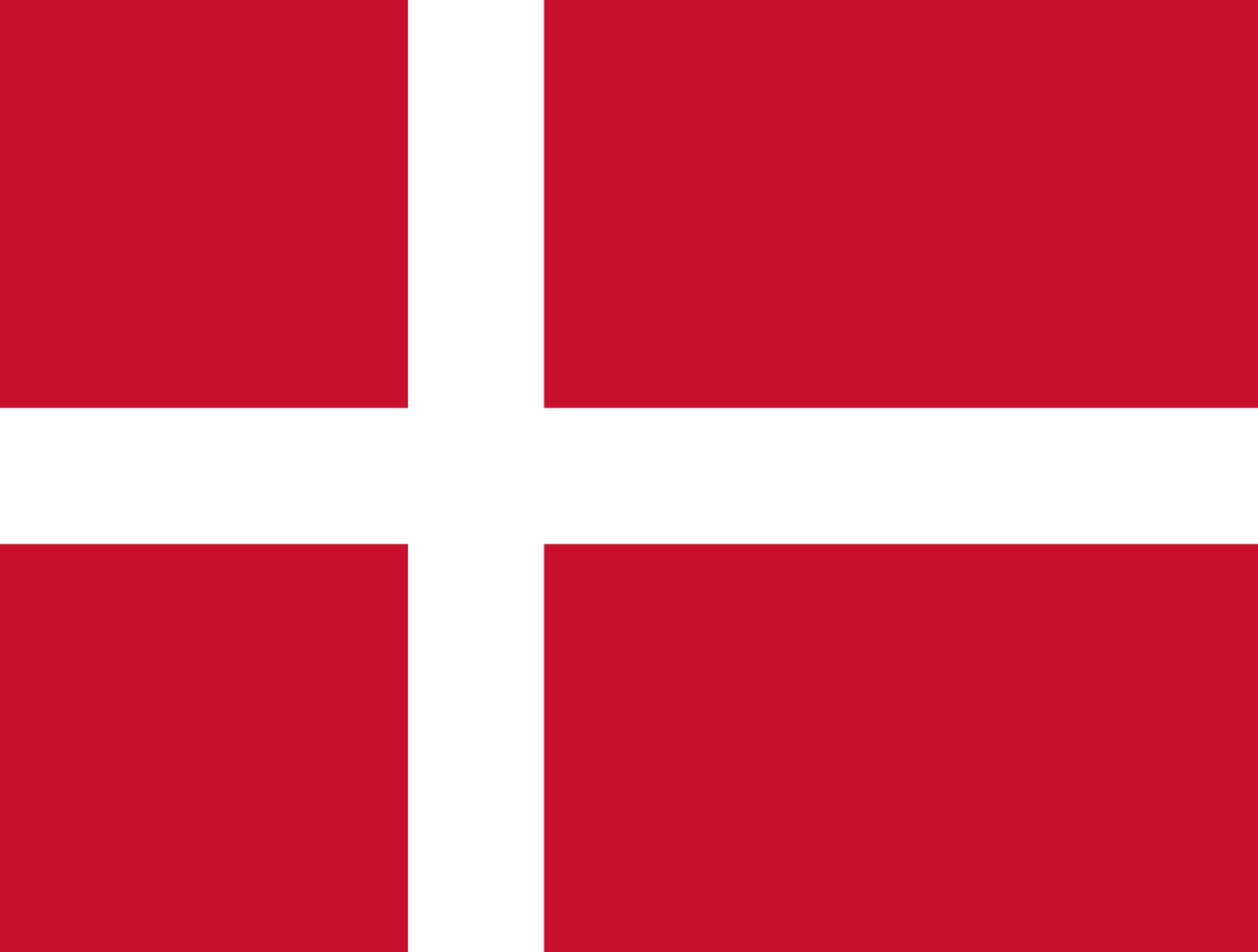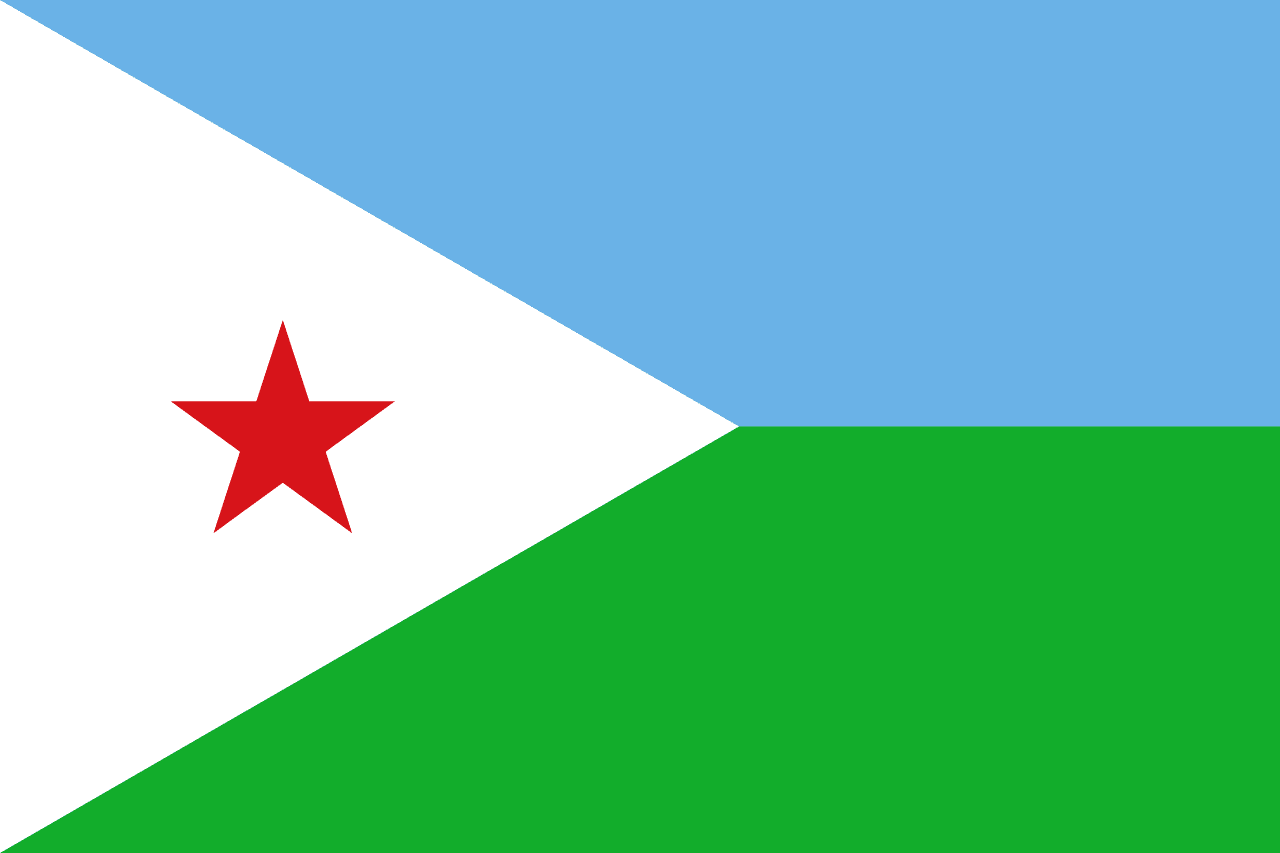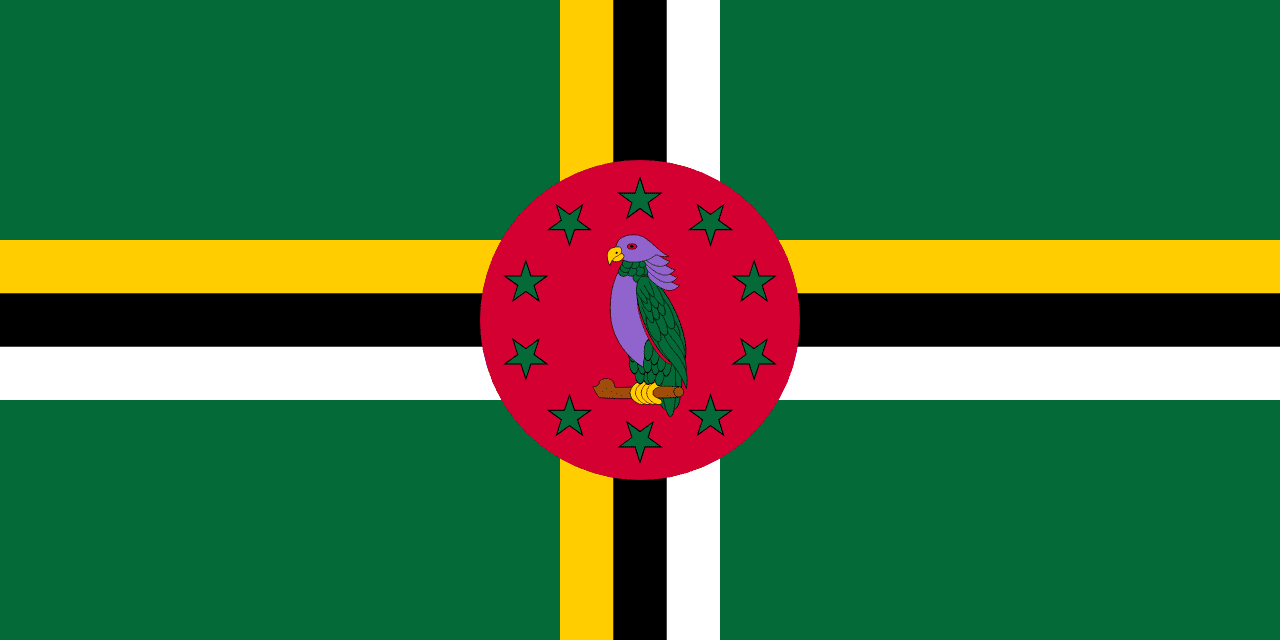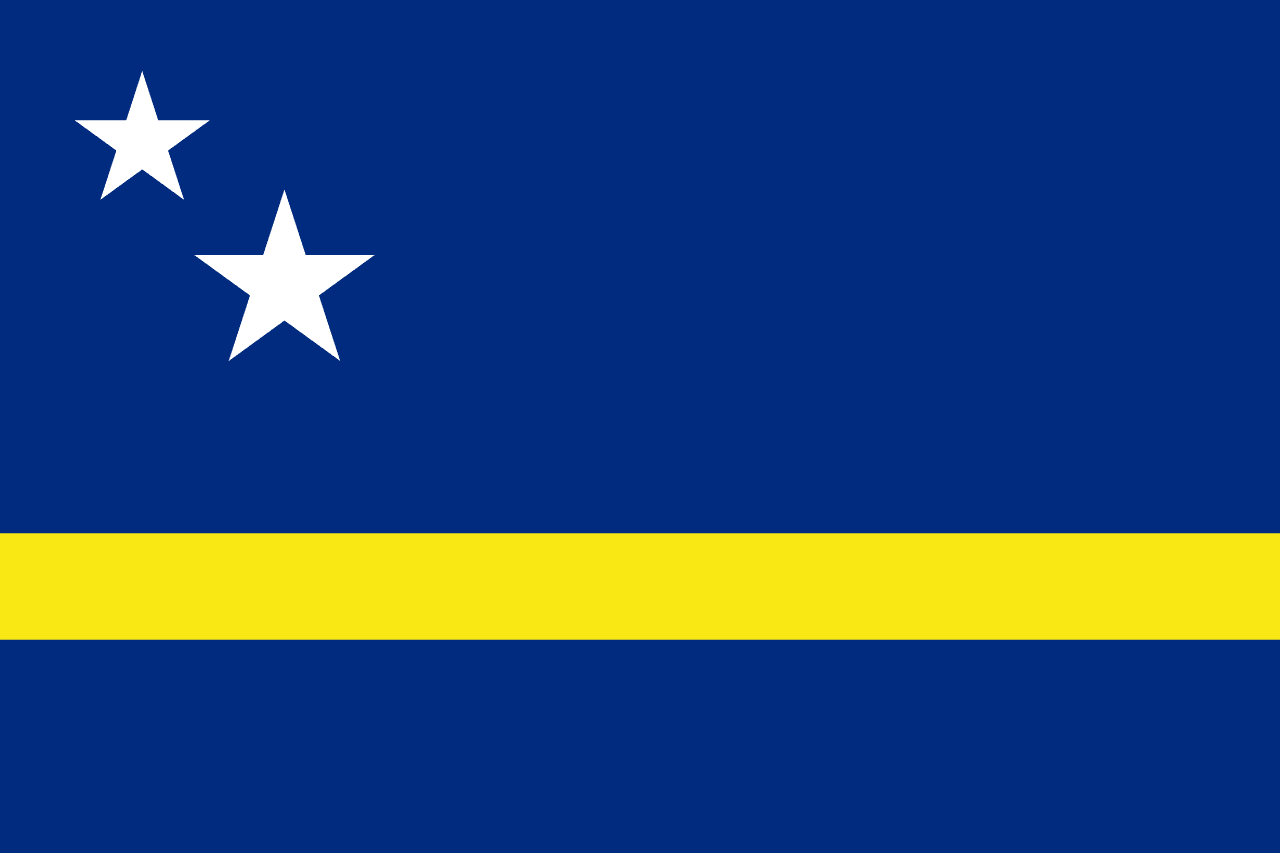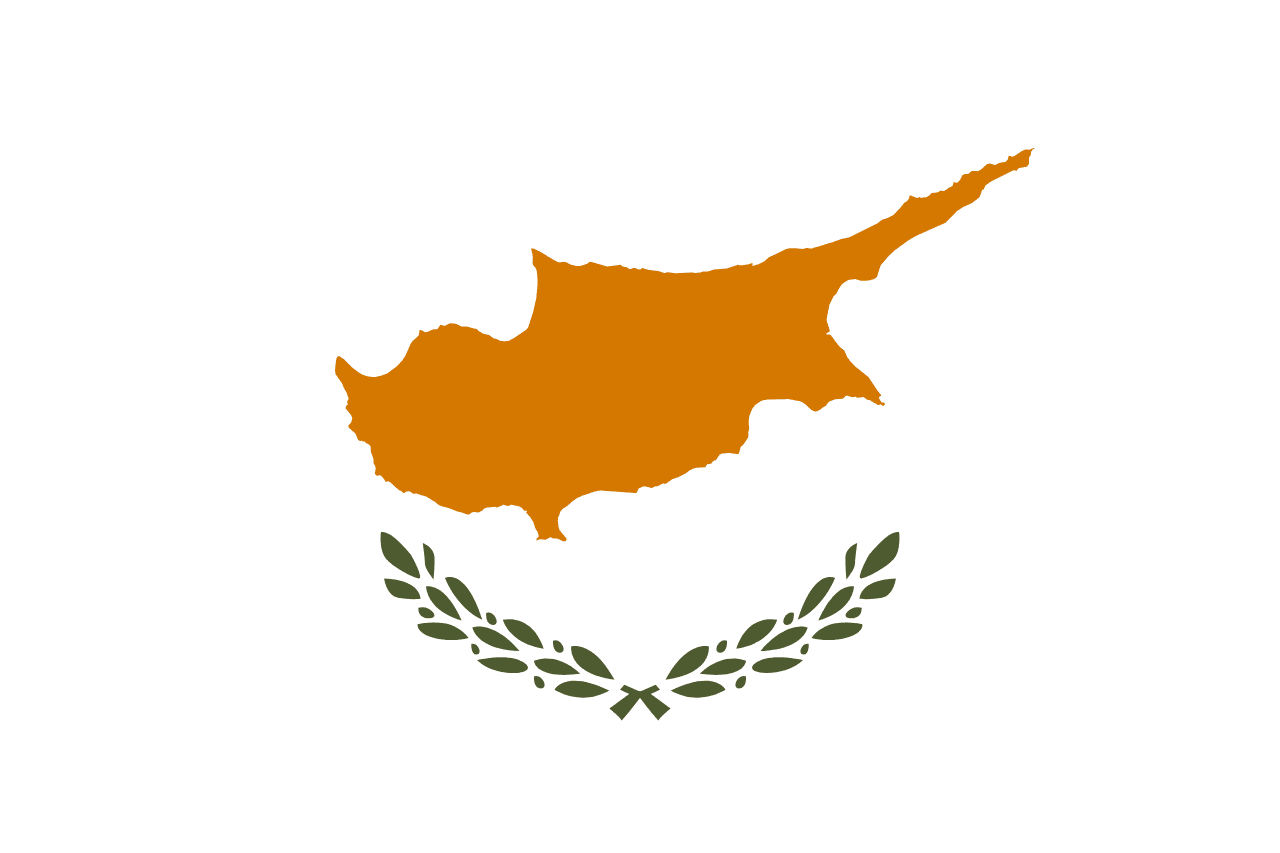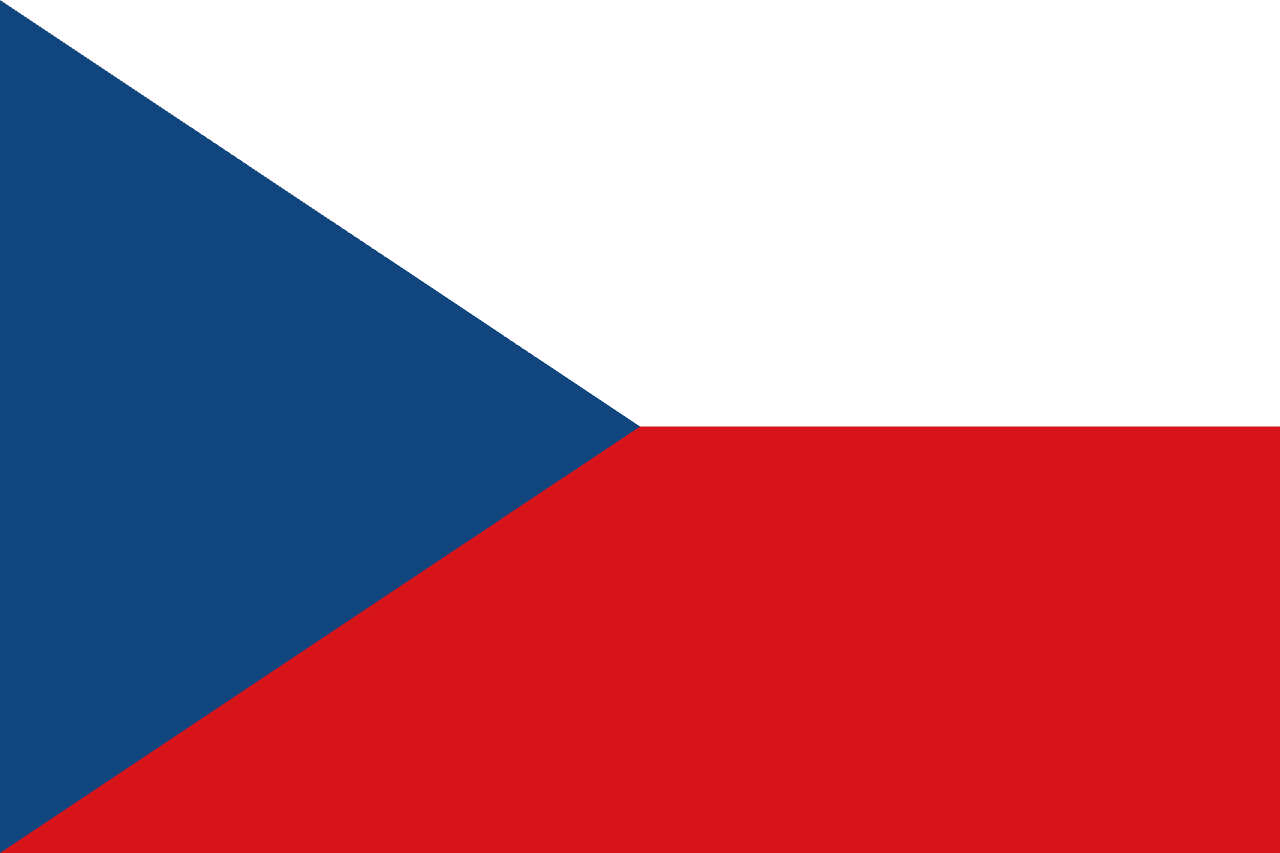The flag of the Democratic Republic of the Congo (DRC) features a sky blue field with a red diagonal stripe bordered by two thin yellow stripes, running from the lower hoist-side corner to the upper fly-side corner. A large yellow five-pointed star is positioned in the upper hoist-side corner. This vibrant design encapsulates the nation's aspirations, struggles, and rich natural heritage.
Democratic Republic of the Congo information
| National Flag Day | June 30 |
| Sovereign state | Yes |
| Official name | Democratic Republic of the Congo |
| Capital | Kinshasa |
| Population | 102,344,000 |
| Area | 2,345,410 km² |
| Currency | Congolese franc (CDF) |
| Language | French, Lingala, Kiswahili, Kikongo |
| Continent | Africa |
| Region | Middle Africa |
| Subregion | Central Africa |
| Borders | Angola, Burundi, Central African Republic, Republic of the Congo, Rwanda, South Sudan, Tanzania, Uganda, Zambia |
| Timezone | West Africa Time (WAT) UTC+1 |
| Calling code | +243 |
| Top-level domain | .cd |
History of the Democratic Republic of the Congo Flag
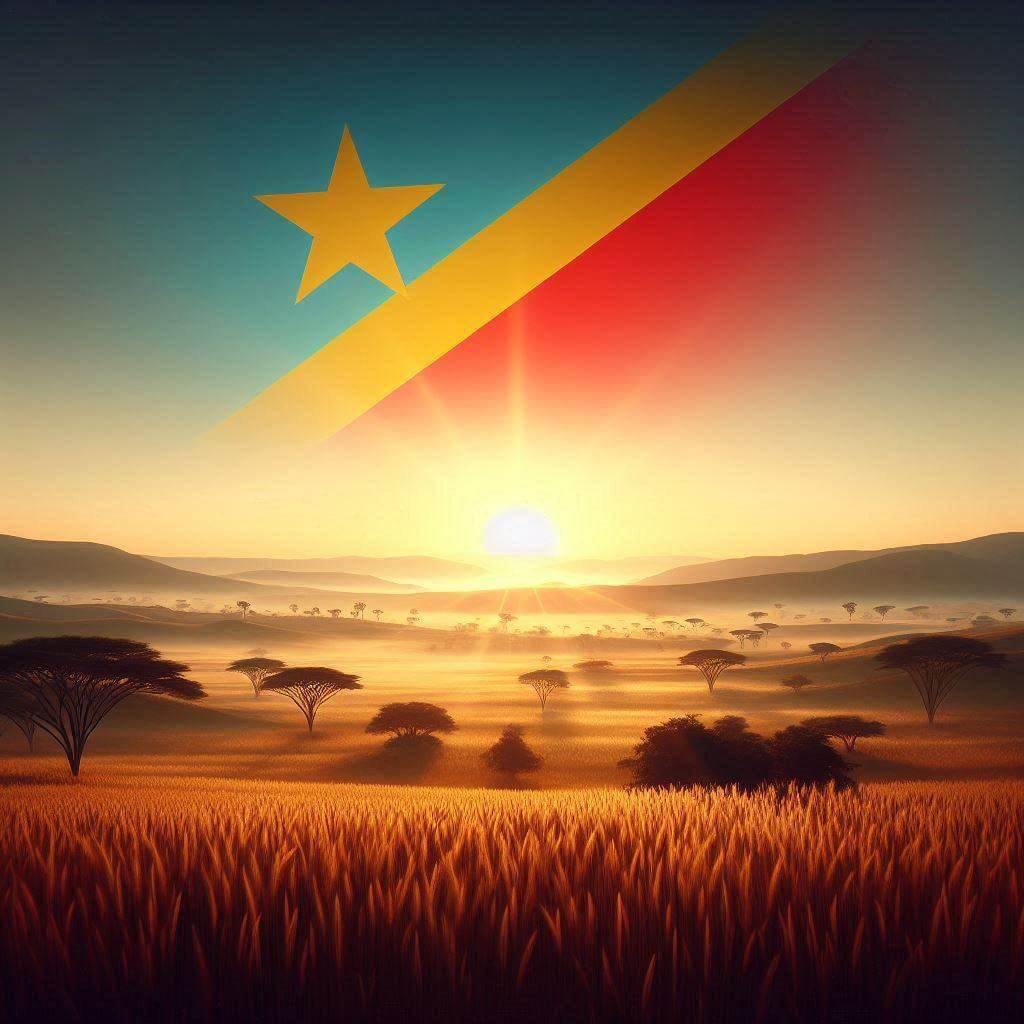 The current flag was adopted on February 20, 2006, marking a return to a design similar to the one used when the country first gained independence in 1960. The DRC's flag has undergone several changes throughout its turbulent history, reflecting the nation's political transformations:
The current flag was adopted on February 20, 2006, marking a return to a design similar to the one used when the country first gained independence in 1960. The DRC's flag has undergone several changes throughout its turbulent history, reflecting the nation's political transformations:
- 1960-1963: The original independence flag, similar to the current design.
- 1963-1971: A slightly modified version with a smaller star.
- 1971-1997: During Mobutu Sese Seko's rule, when the country was known as Zaire, a completely different green flag with a yellow disk was used.
- 1997-2006: A flag featuring a large yellow star on a blue field with red-yellow-red vertical stripes on the hoist side.
- 2006-present: The current flag, reminiscent of the original independence design.
Symbolism and Design of the Democratic Republic of the Congo Flag
Each element of the DRC flag carries deep symbolic meaning:
- Sky blue field: Represents peace and hope for the nation's future.
- Red diagonal stripe: Symbolizes the blood shed by martyrs in the struggle for independence and the country's rich natural resources.
- Yellow bordering stripes: Signify the country's vast mineral wealth, particularly its gold deposits.
- Yellow star: Represents unity and the bright future of the nation. It's also a symbol of guidance and aspiration.
Usage and Significance of the Democratic Republic of the Congo Flag
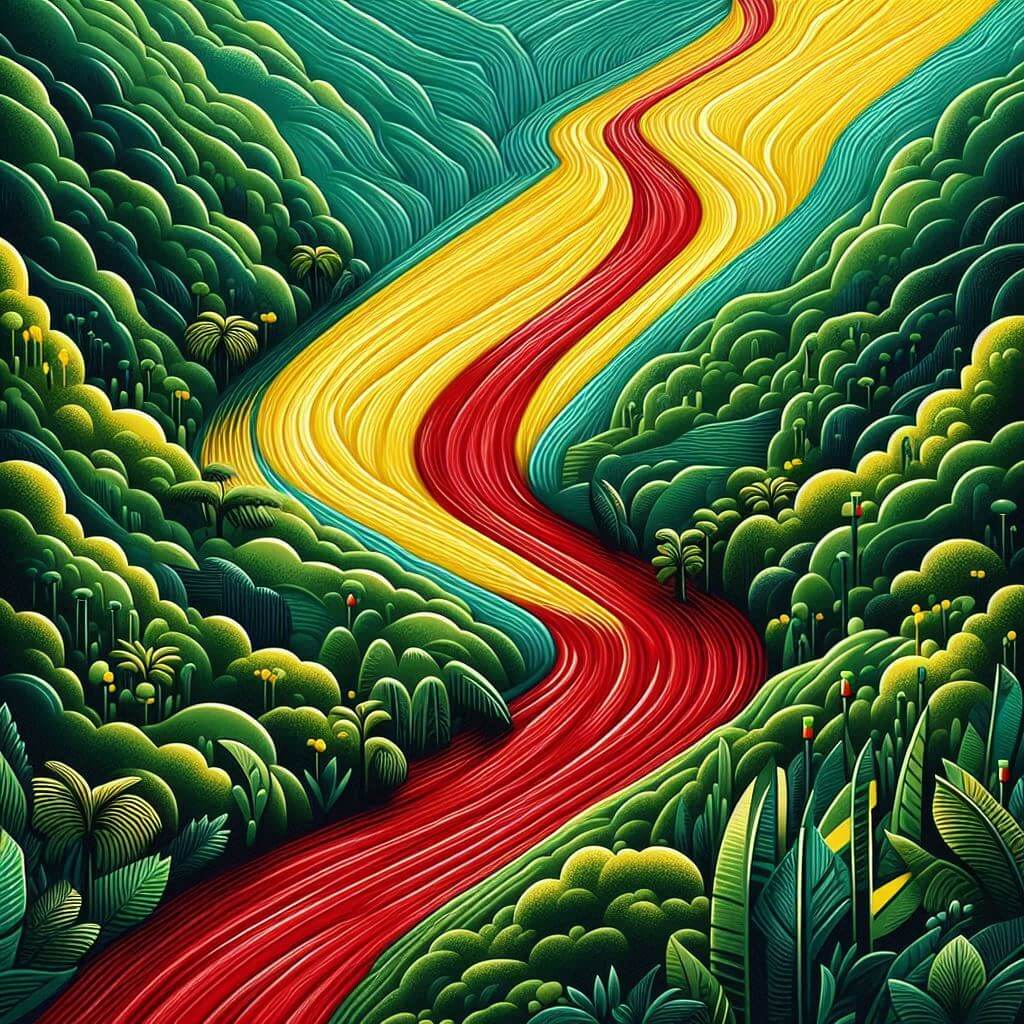 The flag of the DRC is a powerful symbol of national identity and unity in a country that has faced significant challenges. It is prominently displayed on government buildings, schools, and during national celebrations such as Independence Day on June 30. The flag serves as a rallying point for Congolese people, both within the country and in the diaspora.
The flag of the DRC is a powerful symbol of national identity and unity in a country that has faced significant challenges. It is prominently displayed on government buildings, schools, and during national celebrations such as Independence Day on June 30. The flag serves as a rallying point for Congolese people, both within the country and in the diaspora.
In international contexts, the flag represents the DRC at diplomatic events, United Nations gatherings, and global sporting competitions. It stands as a visual reminder of the country's sovereignty and its place on the world stage.
Interesting Facts About the Democratic Republic of the Congo Flag
- The DRC is one of the few countries to have reverted to a flag design similar to its original independence flag after periods of change.
- The diagonal stripe on the flag is relatively uncommon in national flag designs, making the DRC flag quite distinctive.
- The flag's colors - blue, red, and yellow - are pan-African colors, reflecting the country's African identity and solidarity with other African nations.
- During the Zaire period (1971-1997), the country's flag was one of the few in the world to feature a right-hand fist holding a torch.
- The current flag design was chosen through a parliamentary process, reflecting the country's move towards democratic governance.
